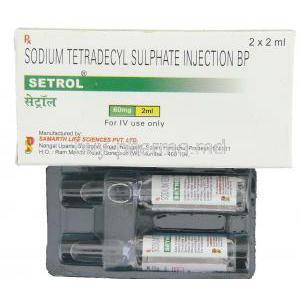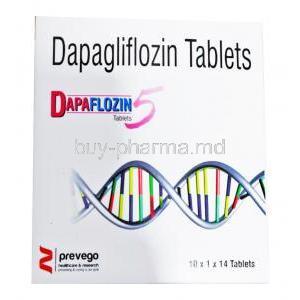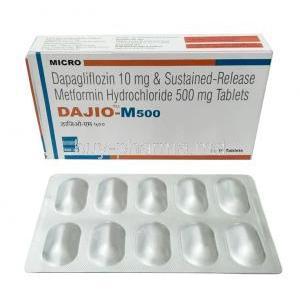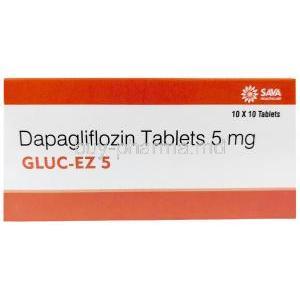Myonit, Nitroglycerin
- Myonit, Nitroglycerin Introduction
- Myonit, Nitroglycerin Uses
- Myonit, Nitroglycerin Brand Names
- Myonit, Nitroglycerin Composition
- How Myonit, Nitroglycerin Works
- Mechanism of Action of Nitroglycerin
- Pharmacodynamics and Pharmacokinetics
- How Long Does Nitroglycerin Lower Blood Pressure?
- Does Nitroglycerin Lower Heart Rate?
- How Does Nitroglycerin Decrease the Level of Chest Pain That a Patient Experiences?
- How to Treat Headache from Nitroglycerin
- Nitroglycerin Protocol
- Does Nitroglycerin Pills Work Like Viagra?
- Nitroglycerin vs Nitroprusside Mechanism of Action
- Nifedipine vs Nitroglycerin for Fissures
- Myonit, Nitroglycerin Off-Label Uses
- Myonit, Nitroglycerin Dosage and Administration
- Myonit, Nitroglycerin Side Effects
- Myonit, Nitroglycerin Common Side Effects
- Severe Adverse Reactions and Warnings
- Myonit, Nitroglycerin Drug Interactions
- Myonit, Nitroglycerin Contraindications
- Myonit, Nitroglycerin Administration in Special Populations
- Myonit, Nitroglycerin Pregnant Woman and Nursing Conditions
- Myonit, Nitroglycerin Overdose Information
- Myonit, Nitroglycerin Storage and Handling Precautions
- Myonit, Nitroglycerin Important Precautions
Myonit, Nitroglycerin Introduction
Myonit, a vasodilator contains nitroglycerin as its main active ingredient and is mainly used to treat angina pectoris. This medication works by relaxing the muscles in blood vessels causing vasodilation primarily in the veins and to a lesser extent in the arteries. Nitroglycerin was initially used as an explosive, in the century before its medicinal benefits were discovered. This accidental finding has transformed the way cardiovascular conditions are treated offering relief from chest pain associated with heart disease.
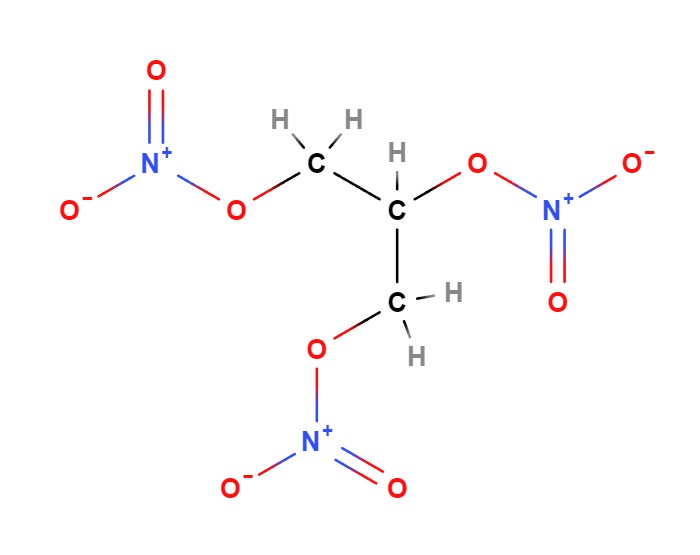
Myonit, Nitroglycerin Uses
Does Nitroglycerin Lower Blood Pressure?
Nitroglycerin works to lower blood pressure by dilating blood vessels leading to a decrease in the heart's workload to pump blood resulting in a reduction in blood pressure. This mechanism plays a role in its effectiveness, for treating sudden high blood pressure episodes.
Nitroglycerin for Erectile Dysfunction
Nitroglycerin although not typically the primary choice for treating erectile dysfunction (ED) has been investigated as a possible remedy. It enhances blood circulation, which is essential for attaining and sustaining an erection. However, its use, in ED is not widespread. It is often overlooked in favor of more specific treatments.
Nitroglycerin Headache
Nitroglycerin is well known for triggering headaches in certain individuals as a result of its ability to widen blood vessels leading to an excessive increase in cerebral blood flow. This common side effect tends to lessen over time as the body becomes accustomed, to the medication.
Nitroglycerin, When Given to Patients with Cardiac-Related Chest Pain:
Giving nitroglycerin to someone experiencing chest pain related to their heart can quickly ease the discomfort. It works by widening the hearts blood vessels and lowering the amount of oxygen the heart needs. This helps balance out the difference, between how much much oxygen the heart gets and how much it needs, which is a common feature of angina.
Nitroglycerin for Hemorrhoids
Nitroglycerin is often used to help alleviate the discomfort of hemorrhoids by easing pressure and enhancing blood flow around the anus. This aids in healing and offers relief, from pain and bleeding.
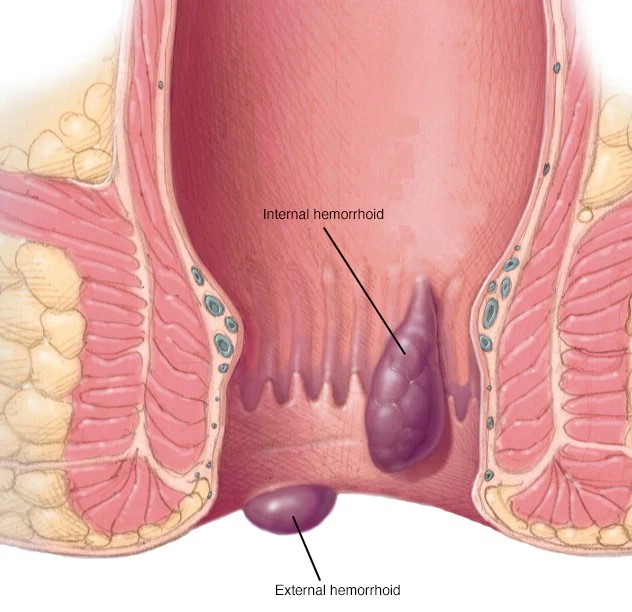
Nitroglycerin Blood Pressure Parameters
It's important to keep an eye on blood pressure when giving nitroglycerin as it can cause a drop, in blood pressure. Setting baseline blood pressure levels is crucial to prevent drops that can lead to low blood pressure episodes.
Nitroglycerin for Pulmonary Edema
During instances of pulmonary edema nitroglycerin may be given to lower both the preload and afterload thereby easing strain on the heart muscle and reducing pulmonary congestion. Its quick effectiveness is vital in situations offering immediate relief, from breathing difficulties.


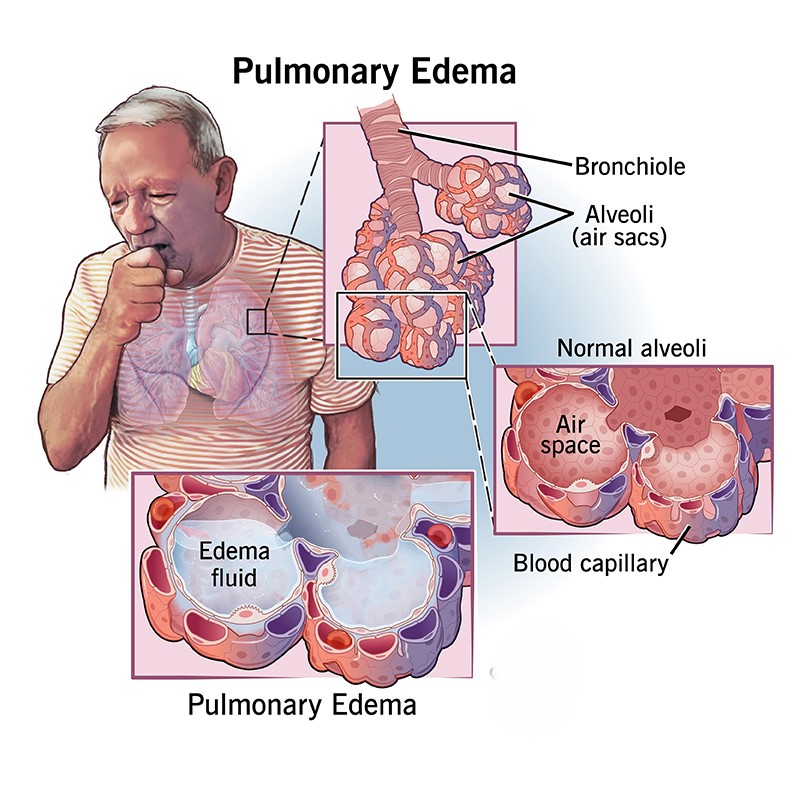
Myonit, Nitroglycerin Brand Names
Myonit, a version of nitroglycerin is sold under different brand names worldwide making it more well-known and available in the medical industry. Known for its effectiveness in managing angina episodes Myonit is a common choice, in cardiovascular treatment.
Nitroglycerin Generic Name
Myonit is commonly known as nitroglycerin a substance widely used in environments for its strong ability to widen blood vessels. This term is universally recognized in pharmaceutical fields.
Myonit, Nitroglycerin Composition
Active Ingredients in Myonit
Myonit contains nitroglycerin as the main component playing a crucial role in adjusting vascular tone by relaxing smooth muscles, in the blood vessels. This process significantly improves blood circulation. Relieves symptoms of angina pectoris.
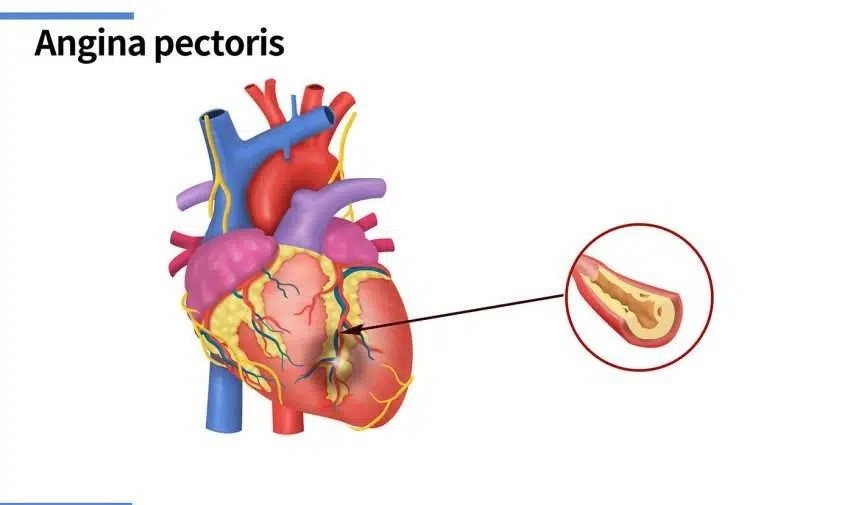
Formulation Specifics
Myonit is carefully crafted to be absorbed and work quickly. It comes in forms like tablets that dissolve under the tongue patches you apply on the skin and creams each customized for specific treatment results and ease of use, by patients.
Viagra and Nitroglycerin
Combining Viagra (sildenafil) with nitroglycerin is not recommended because it can lead to a drop, in blood pressure. This combination enhances the blood vessel dilation effects of both medications which could jeopardize health.
Cialis and Nitroglycerin
Just like with Viagra, its strongly advised against using Cialis (tadalafil) with nitroglycerin. The prolonged effects of tadalafil increase the potential for interactions, with nitroglycerins powerful vasodilating properties.
Molar Mass of Nitroglycerin
The molar mass of nitroglycerin is around 227.09 grams per mole. This specific weight showcases the chemical makeup of the substance playing a crucial role, in grasping its effects on the body and how it behaves over time.
Nitroprusside vs Nitroglycerin
Nitroprusside and nitroglycerin are both vasodilators. They have distinct uses. Nitroprusside is mainly prescribed for blood pressure emergencies because it dilates arteries effectively while nitroglycerin is preferred for dilating veins in cases of angina.
Nitroglycerin and Viagra
Patients should steer clear of taking nitroglycerin. Viagra at the same time as it can cause a significant decrease, in blood pressure posing a risk of symptomatic hypotension that could jeopardize the patients well being.
Sildenafil and Nitroglycerin
The way sildenafil (the component in Viagra) interacts with nitroglycerin is similar, to how Viagra works so it's important to steer clear of combining them to reduce the chances of severe low blood pressure.
Imdur vs Nitroglycerin
Imdur, also known as mononitrate and nitroglycerin are medications classified as nitrates that help manage angina. While Imdur is often prescribed for prevention nitroglycerin is commonly used for immediate relief because it works quickly.
How Myonit, Nitroglycerin Works
Mechanism of Action of Nitroglycerin
Nitroglycerin, the component in Myonit mainly functions by releasing nitric oxide causing the smooth muscle cells in blood vessels to relax. This process leads to the widening of veins and arteries easing the strain on the heart and enhancing oxygen delivery, to heart muscle tissue.
Pharmacodynamics and Pharmacokinetics
The effects of nitroglycerin on the body involve widening the blood vessels, which reduces the workload, on the heart. In terms of how it moves through the body nitroglycerin is quickly taken in broken down by liver enzymes and has a plasma life that requires frequent doses to keep its benefits working effectively.
How Long Does Nitroglycerin Lower Blood Pressure?
Nitroglycerins impact, on blood pressure is temporary; usually the lowering effects can be seen after taking it and may persist for about half an hour based on the form of dosage.
Does Nitroglycerin Lower Heart Rate?
How Does Nitroglycerin Decrease the Level of Chest Pain That a Patient Experiences?
How to Treat Headache from Nitroglycerin
Frequent headaches can occur when using nitroglycerin because it causes the blood vessels, in the brain to widen. To relieve this you can stay hydrated take pain relievers like acetaminophen and adjust the dosage slowly to reduce the intensity of the side effects.
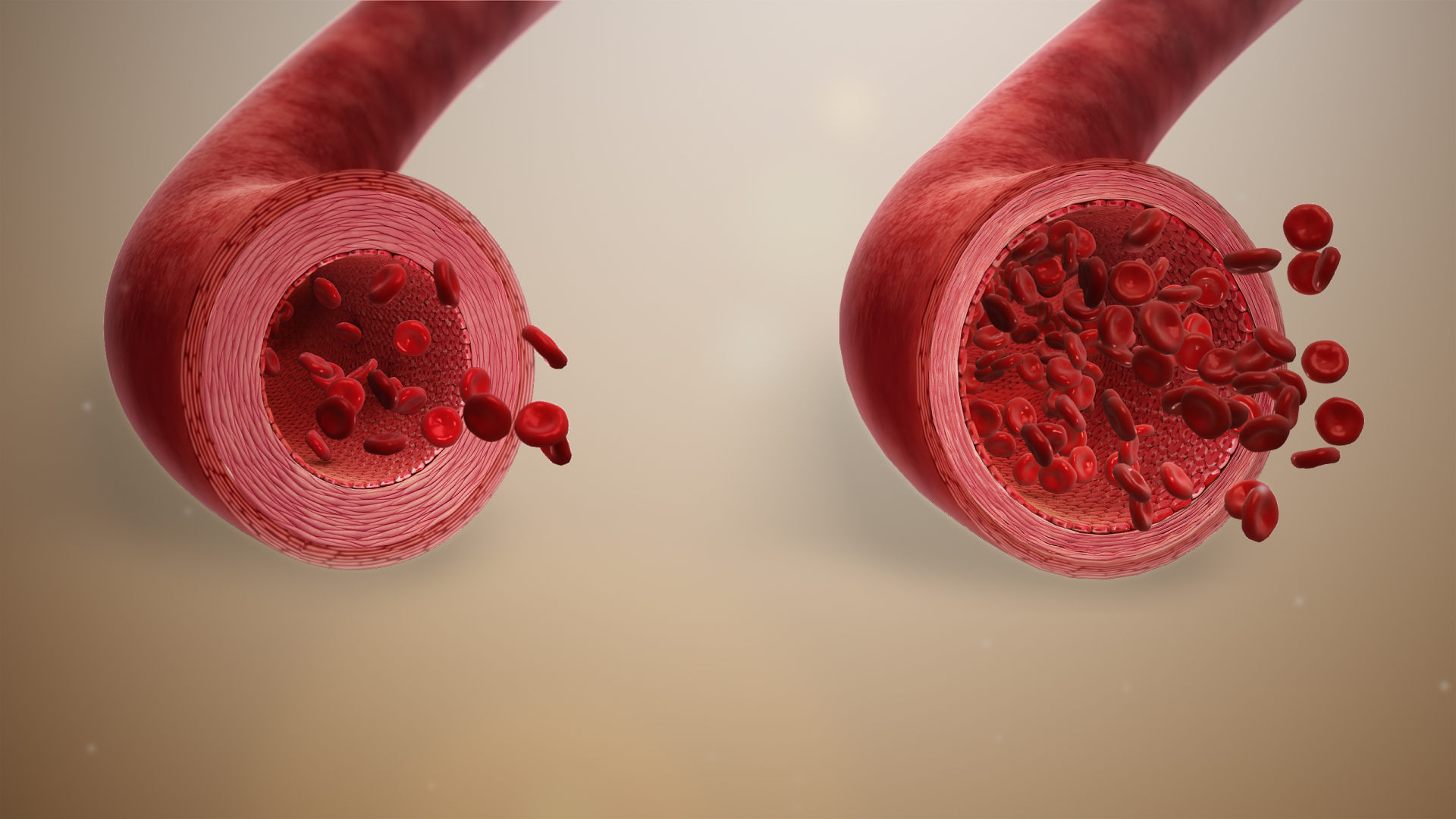
Nitroglycerin Protocol
In an angina treatment plan patients are advised to take a sublingual tablet as soon as they experience chest pain. If the discomfort continues after five minutes they can opt for a dose. A third dose can be taken five minutes later if needed. No more, than three doses should be taken within a 15 minute period.
Does Nitroglycerin Pills Work Like Viagra?
Both nitroglycerin and Viagra (sildenafil) impact the muscles in blood vessels but their intended medical purposes vary greatly. Viagra is designed to address vascular issues in the male reproductive organ to combat erectile dysfunction while nitroglycerin is primarily utilized for its positive impacts, on heart health.
Nitroglycerin vs Nitroprusside Mechanism of Action
Nitroglycerin mainly works on veins to decrease the amount of blood returning to the heart while nitroprusside affects both arteries and veins lowering both preload and afterload. This makes nitroprusside a choice for managing conditions such, as hypertensive emergencies.
Nifedipine vs Nitroglycerin for Fissures
In the case of fissures, both nifedipine and nitroglycerin can help by lowering sphincter pressure improving blood flow and aiding in the healing process. Nifedipine, which is a calcium channel blocker might be a choice for extended treatment as it tends to cause fewer side effects such, as headaches when compared to using nitroglycerin topically.
Myonit, Nitroglycerin Off-Label Uses
Exploring Non-Approved Uses in Clinical Settings
Nitroglycerin, commonly used to treat heart related issues like angina and sudden heart failure is also being investigated for medical purposes not officially approved. These alternative uses take advantage of nitroglycerins' ability to widen blood vessels to address health conditions beyond it's usual scope.
- Raynaud Phenomenon; Some medical professionals employ nitroglycerin to ease symptoms linked with Raynaud's phenomenon by expanding blood vessels and enhancing blood flow to the extremities.
- Severe Hypertension; In emergency situations of hypertension nitroglycerin may be administered for swift reduction of blood pressure even though it is not typically intended for this purpose.
- Gastrointestinal Spasms; The muscle relaxing properties of nitroglycerin have prompted its exploration in relieving spasms, in the esophagus and gastrointestinal system.
Evidence and Research Supporting Off-Label Benefits
The scientific community is actively investigating the use of nitroglycerin in medical scenarios beyond its approved purposes. Recent research has shown promising outcomes in using nitroglycerin to help with esophageal spasms, similar to how it works for heart-related issues.
Additionally studies suggest that nitroglycerin could be beneficial for patients with Raynaud phenomenon by improving blood flow and reducing symptoms.
Case studies and clinical trials are also looking into using nitroglycerin to manage blood pressure during surgeries demonstrating its potential beyond traditional heart treatments.
These investigations, supported by trials and research aim to expand the therapeutic possibilities of nitroglycerin and highlight its versatility, as a pharmaceutical treatment.
Myonit, Nitroglycerin Dosage and Administration
Standard Dosing Guidelines
The usual dose of Myonit, which is nitroglycerin for sudden angina episodes usually starts with a sublingual tablet ranging from 0.3 to 0.6 mg. If the pain continues the dosage can be repeated every 5 minutes for, up to three doses. It is important to observe how the patient responds and keep an eye on their blood pressure to prevent blood pressure.
Administration Methods and Optimal Timing
Nitroglycerin can be given in ways depending on the medical situation;
- Sublingual tablets or spray; These are used to quickly relieve acute angina usually taking effect within 1 to 3 minutes.
- Transdermal patches; These provide release to prevent angina throughout the day.
- Ointment; Applied for absorption helpful, in managing long-term angina.
It's important to administer nitroglycerin at the time; sublingual forms should be taken when chest pain starts or before engaging in activities that trigger angina.
Sublingual Nitroglycerin Dose
To quickly ease chest discomfort it's advised to take 0.4 mg of nitroglycerin as soon as symptoms start. If the pain continues after 5 minutes you can take another dose with a maximum of three doses, in total.
Nitroglycerin Dose for Esophageal Spasm
Nitroglycerin is commonly used in a standard way to help with esophageal spasms. The initial dose usually begins at 0.3 mg under the tongue easing discomfort by loosening the muscles, in the esophagus.
Max Dose of Nitroglycerin
To prevent low blood pressure and other potential side effects it is advised not to surpass 1.2 mg of nitroglycerin within a 15-minute timeframe, for short-term use. Managing long-term dosing meticulously is crucial to prevent tolerance buildup.
How is Nitroglycerin Usually Given by the EMT?
EMTs usually give nitroglycerin under the tongue, for absorption during instances of sudden chest pain making sure to check the patient's blood pressure beforehand to ensure it's safe to administer the medication.
Myonit, Nitroglycerin Side Effects
Overview of Potential Adverse Reactions
Nitroglycerin the main ingredient found in Myonit is recognized for its ability to widen blood vessels offering therapeutic benefits but also carrying the potential for various negative reactions. The intensity of these reactions can vary from short-lived to severe influenced by both the dosage administered and an individual's unique reaction, to the medication.
Managing Common Side Effects
The usual reactions to nitroglycerin may include headaches, feelings of lightheadedness, and a sudden drop in blood pressure upon standing. Ways to handle these effects consist of;
- Modifying the dose with the guidance of a healthcare provider to reduce any discomfort.
- Advising patients to be. Lying down while consuming sublingual tablets to avoid potential accidents due to sudden blood pressure changes.
- Educating patients, on the onset of action to lessen the impact of severe headaches.
Myonit, Nitroglycerin Common Side Effects
Frequency and Severity of Typical Side Effects
The common side effects that are often experienced are;
- Headaches, which affect than 50% of patients, are usually intense but lessen with ongoing usage.
- Facial redness and sensations of warmth.

- Dizziness and fainting spells, particularly in older patients or individuals, with existing vascular issues.
Patient Management and Mitigation Strategies
To address these side effects it's helpful to;
- Begin with the effective dose and adjust as necessary.
- Consider using common headache treatments, like non-prescription pain relievers recommended by your doctor.
- Educate patients on how to manage their posture after taking the medication to avoid falls caused by blood pressure.
Can You Die from Taking Too Much Nitroglycerin?
Taking too much nitroglycerin can result in severe low blood pressure and a collapse of the circulatory system. It is crucial to follow the recommended dosage and promptly seek help if an overdose is suspected.
Does Nitroglycerin Cause Headaches?
Sure nitroglycerin often leads to headaches because it quickly widens blood vessels, in the brain. These headaches are usually temporary. Can be relieved with regular pain relievers.

Does Nitroglycerin Decrease Preload?
Nitroglycerin causes a reduction in preload, by widening veins enabling blood to accumulate in peripheral vessels and lowering the volume of blood in the heart's ventricles at the end of diastole.
The Use of Viagra and Nitroglycerin in Combination Can Cause
Combining Viagra (sildenafil) and nitroglycerin can lead to a lowering of blood pressure and instability in the cardiovascular system because they work together to widen blood vessels. This mix should be avoided in settings.

Severe Adverse Reactions and Warnings
Identifying Serious Health Risks
Nitroglycerin comes with risks such as significantly low blood pressure, fainting, and a higher chance of heart attack if the medicine is stopped suddenly. People with anemia, low blood volume, or who take other vasodilators are more vulnerable, to these dangers.
Guidelines for Immediate Action and Intervention
Promptly address reactions by;
- Keep a close eye on vital signs and shock symptoms and provide intravenous fluids if hypotension is critical.
- Cease nitroglycerin treatment right away under medical oversight.
- Seek advice from a heart specialist, for patients displaying indications of heart attack or serious cardiac incidents.
Myonit, Nitroglycerin Drug Interactions
Common and Significant Drug Interactions
Nitroglycerin, an ingredient in Myonit is known to interact with various medications, which could impact its effectiveness and safety. Noteworthy interactions include;
- Phosphodiesterase inhibitors (such as sildenafil, and tadalafil); Concurrent use with nitroglycerin can result in hypotension.
- Antihypertensives; Combining these with nitroglycerin may intensify its blood pressure-lowering effects potentially causing symptomatic hypotension.
- Beta blockers and calcium channel blockers; These medications can. Enhance or modify the impact of nitroglycerin, on heart rate and blood pressure.
Managing Polypharmacy in Patients Using Myonit
Juggling medications for patients taking Myonit calls for thoughtful attention to avoid unwanted reactions. Key approaches involve;
- Checking all patient medications before starting Myonit.
- Keeping a close eye on blood pressure and heart rate regularly to tweak doses when necessary.
- Teaching patients, about possible indications of negative drug interactions.
Myonit, Nitroglycerin Contraindications
Conditions and Factors that Prohibit the Use of Myonit
Myonit should not be used in patients with conditions that could pose a risk. These conditions include;
- Severe anemia, as nitroglycerins widening of blood vessels, may worsen oxygen delivery problems.
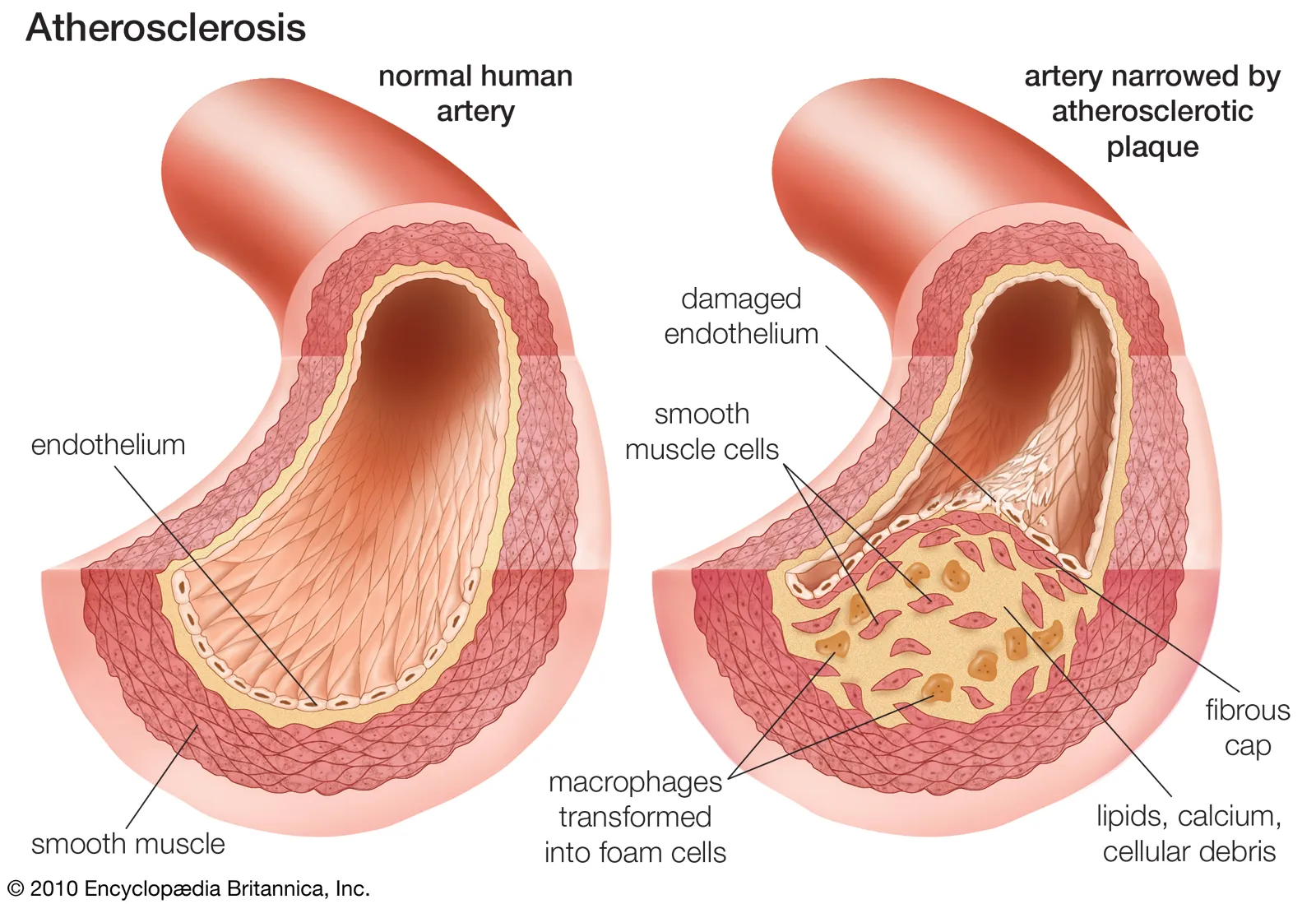
- Low blood pressure or uncontrolled low blood volume, where further lowering of blood pressure could be unsafe.
- Recent use of phosphodiesterase inhibitors as it increases the risk of drops, in blood pressure.
Risks Associated with Contraindicated Conditions
When Myonit is used in situations where it is not recommended it can cause issues like;
- Sudden drop in blood pressure leading to cardiovascular collapse.
- Worsening of heart muscle oxygen deficiency when combined with red blood cell count.
- Higher chances of stroke or heart attack due to a decrease, in blood pressure.
Can Nitroglycerin Kill You?
When nitroglycerin is used correctly it is usually safe. However, if misused or taken in excess it can result in conditions such, as severe low blood pressure or collapse of the circulatory system.
Which Clinical Finding Represents a Contraindication to the Administration of Nitroglycerin?
Using medications for dysfunction, like Viagra or Cialis recently is very risky because it can lead to dangerously low blood pressure throughout the body.
How Many Doses of Nitroglycerin Before Calling EMS?
If chest pain continues after taking the first dose of nitroglycerin and shows no improvement after two more doses each taken 5 minutes apart it is advisable to contact emergency services.
Myonit, Nitroglycerin Administration in Special Populations
Elderly: Adjustments and Considerations
When dealing with patients it's crucial to be extra cautious with dosing and monitoring to prevent any potential negative reactions. It's recommended to start with doses and proceed carefully when adjusting the medication to account for their heightened sensitivity, to the blood pressure lowering effects of nitroglycerin.
Pregnant Women and Nursing Mothers: Safety and Recommendations
During pregnancy or while breastfeeding it is advisable to use nitroglycerin only if the benefits outweigh the risks to the unborn child or infant. Although there is information indicating that nitroglycerin is generally safe, in these cases it is still important to monitor closely and seek guidance from a healthcare professional.
Children: Dosing Norms and Safety Protocols
Using Myonit in children is not been extensively researched. It's usually not advised. If needed it should only be used under monitoring, by a healthcare provider with doses tailored based on individual medical guidance and regular checks.
Myonit, Nitroglycerin Pregnant Woman and Nursing Conditions
Nitroglycerin Nursing Interventions
When giving nitroglycerin to women or breastfeeding mothers healthcare professionals need to be cautious to ensure safety and effectiveness. This involves;
- Keeping an eye, on the mother's blood pressure to avoid low blood pressure, which could harm fetal circulation.
- Checking the baby's heart rate patterns during treatment to spot any signs of distress.
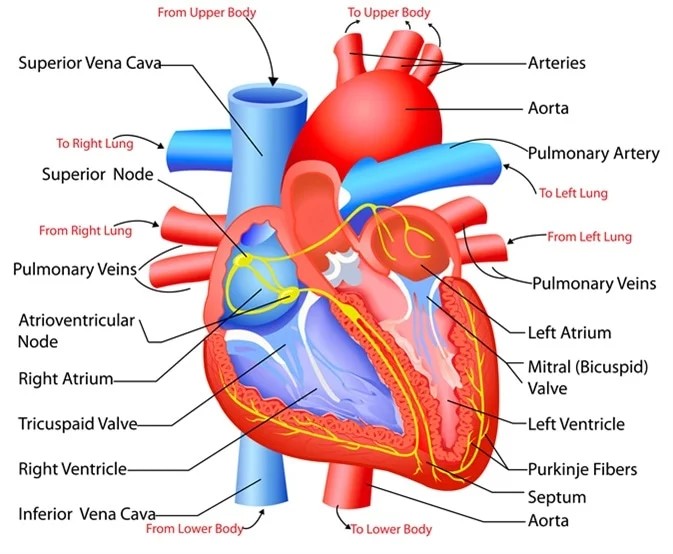
Nitroglycerin Nursing Considerations
When using nitroglycerin during pregnancy or while breastfeeding it's crucial to weigh the risks and benefits for both the mother and the baby.
Additionally, nursing mothers should be informed that nitroglycerin can be present, in breast milk and it may be necessary to pump and dispose of milk for a time after taking the medication.
Myonit, Nitroglycerin Overdose Information
Symptoms of Myonit Overdose
Excessive use of Myonit may result in issues mainly showing as;
- Severe low blood pressure with symptoms like feeling lightheaded, disoriented, and possibly fainting.
- Either a rapid or slow heartbeat in response, to the medication effects depending on how the person reacts.
Emergency Procedures and Antidotes
If there is an intake of nitroglycerin it is essential to quickly start emergency measures, such, as;
- Prompt medical assessment and ongoing monitoring of vital signs.
- Giving activated charcoal if the ingestion occurred recently and the individual is awake.
- Intravenous fluids and vasopressors might be needed to address low blood pressure.
Myonit, Nitroglycerin Storage and Handling Precautions
Proper Storage Conditions for Myonit
You should keep Myonit at room temperature away, from light and moisture to ensure it stays effective. Make sure to store the tablets in their glass containers with tight caps to prevent them from being affected by air and moisture.
Safety Measures for Handling and Disposal
When dealing with Myonit it's important to follow safety precautions to avoid exposure;
- Stay clear of direct contact, with the skin or eyes since nitroglycerin can be absorbed through the skin.
- Make sure to dispose of it by returning any unused or expired Myonit to designated pharmacy take back programs.
What Happens If You Take Expired Nitroglycerin?
Using nitroglycerin that has passed its expiration date could decrease its effectiveness, which might lead to relief, for angina and other heart-related issues.
How Long Does Nitroglycerin Last in Your System?
Nitroglycerin gets broken down quickly by the liver and its impact typically lingers for half an hour following under the tongue intake. Nonetheless, remnants can still be detectable for long, as a day.
Is Expired Nitroglycerin Dangerous?
Expired nitroglycerin although not inherently hazardous may not work well and should not be trusted in urgent scenarios because of its diminished strength.
Myonit, Nitroglycerin Important Precautions
Key Precautions Before Starting Treatment
Prior to starting treatment with Myonit it is essential to;
- Examine the patient's entire medical background taking into account any recent heart attacks, significant cases of anemia or low blood pressure.
- Evaluate all medications that the patient is presently using to prevent any negative reactions, between drugs.
Monitoring and Ongoing Assessment During Treatment
Throughout the treatment with Myonit it is important to check the blood pressure and heart rate particularly after giving the initial dose or making any dose adjustments.
Additionally, it is crucial to watch out for symptoms, like headaches, dizziness, or any other side effects that could impact how well the treatment works and the patient's overall comfort.










